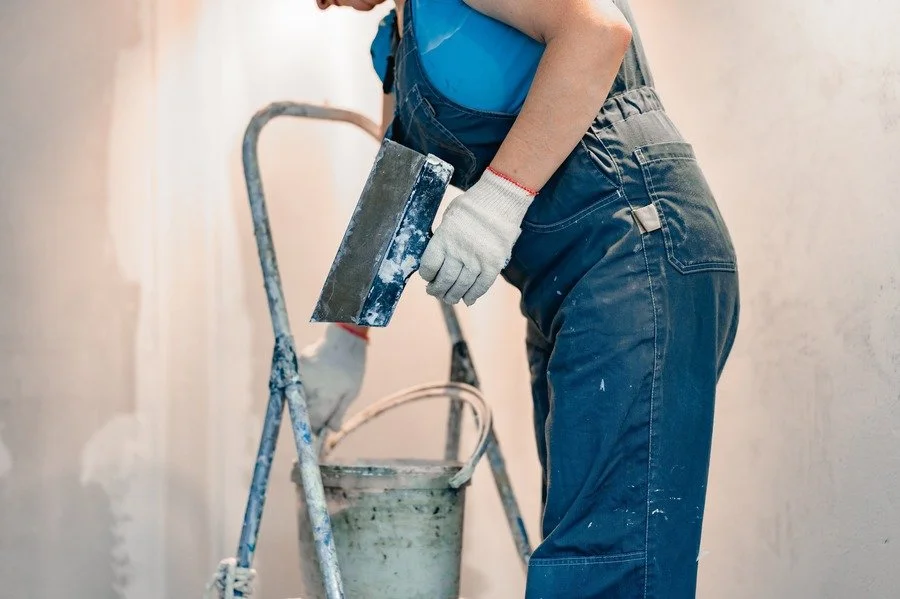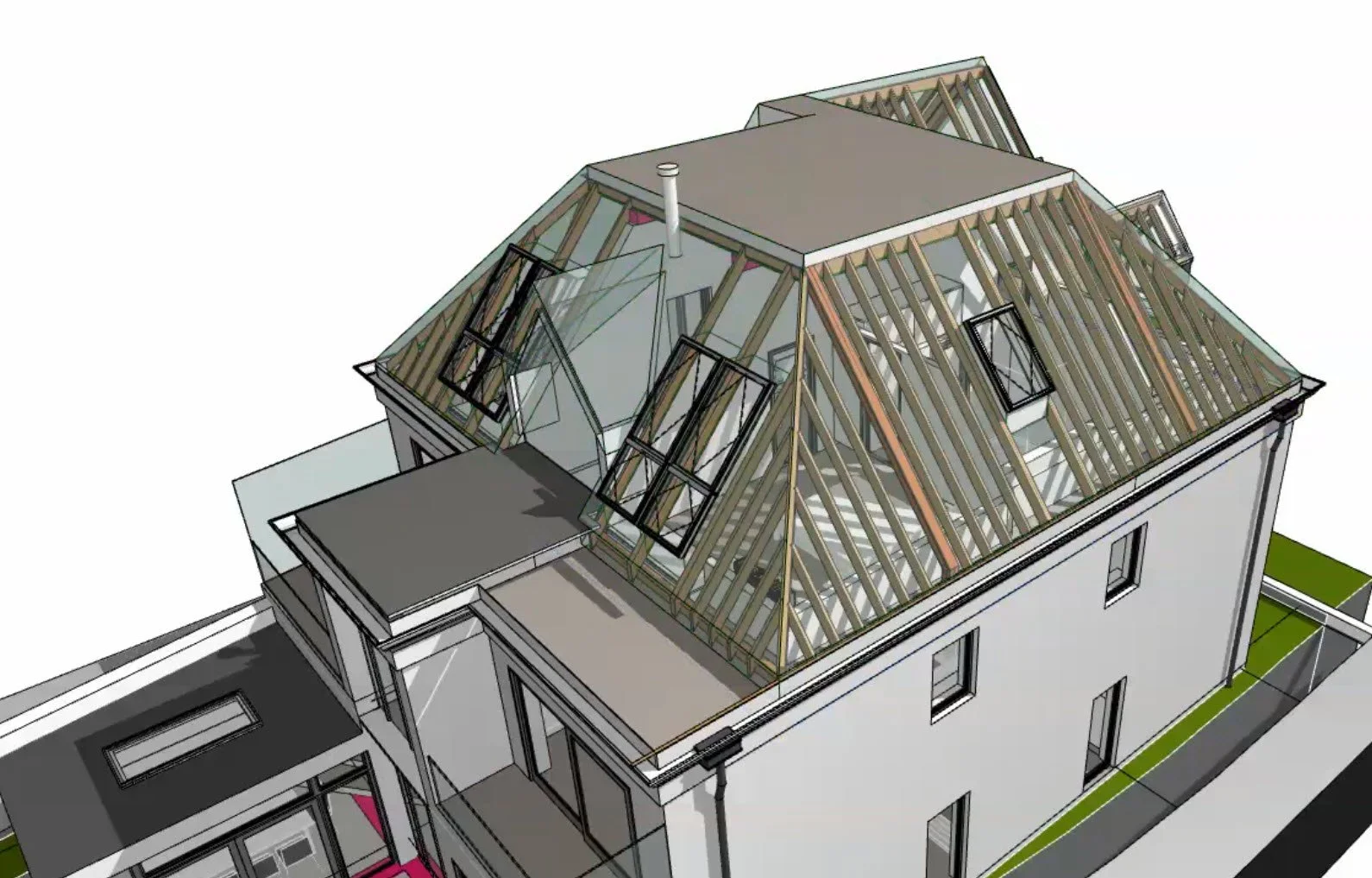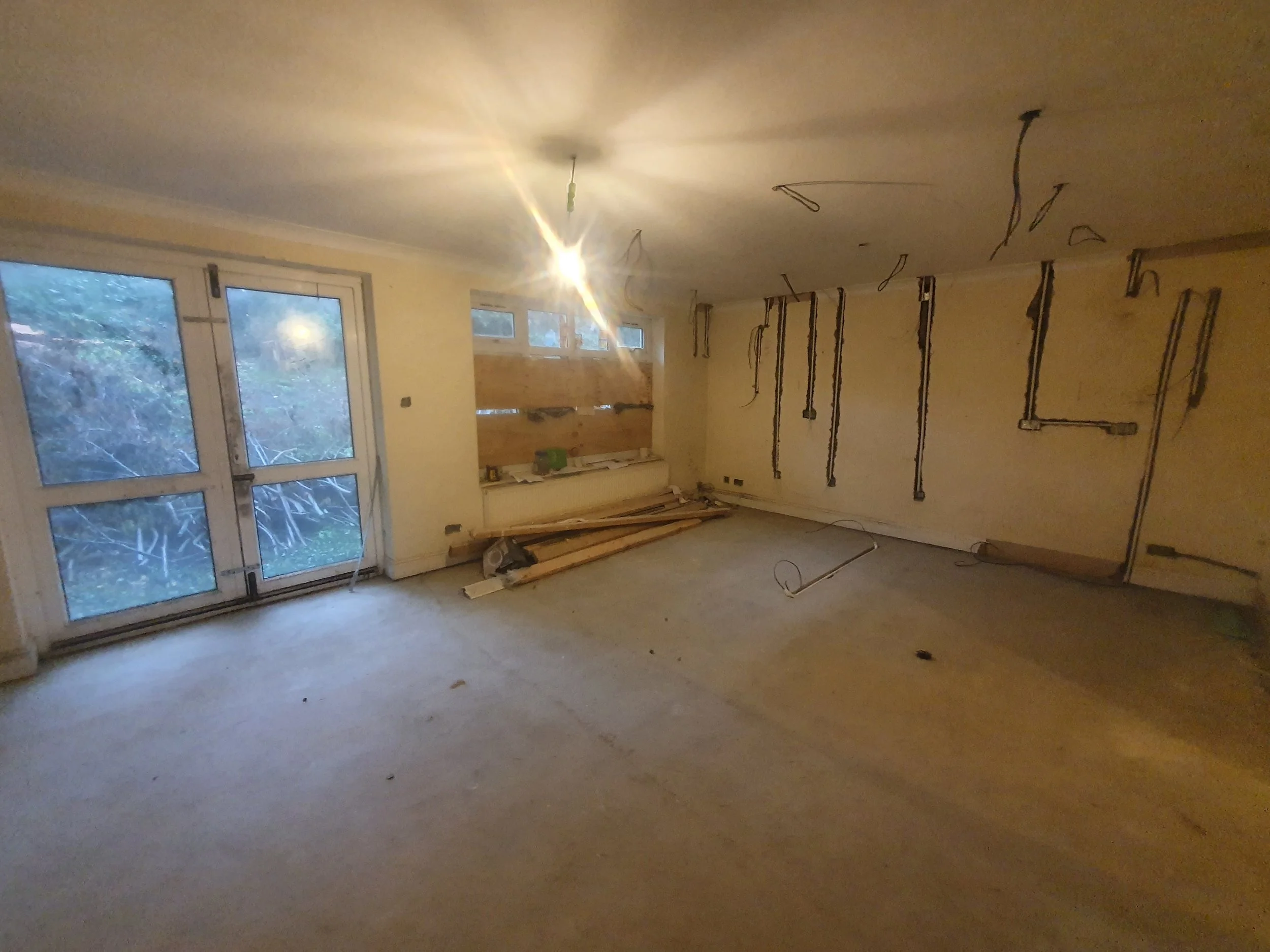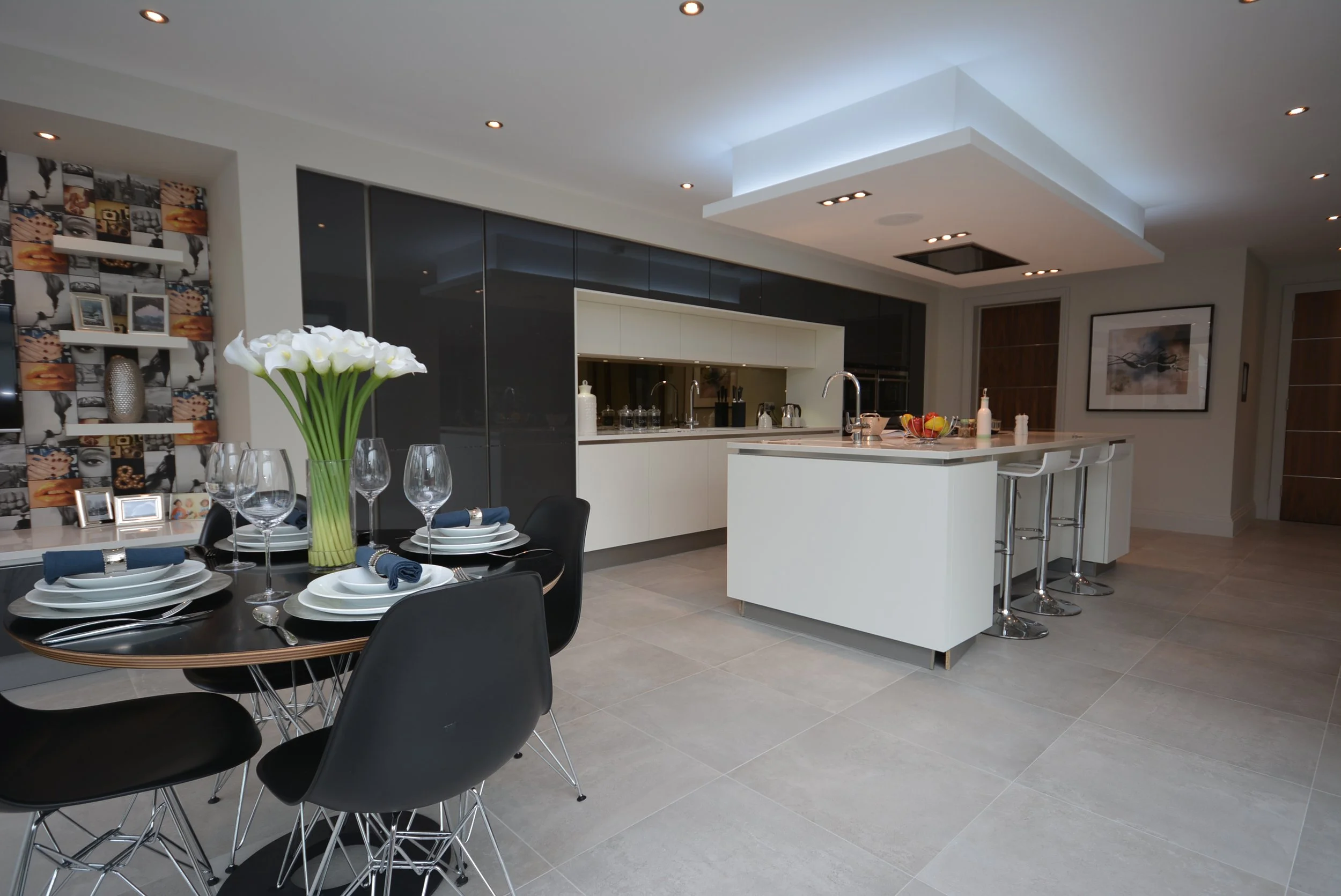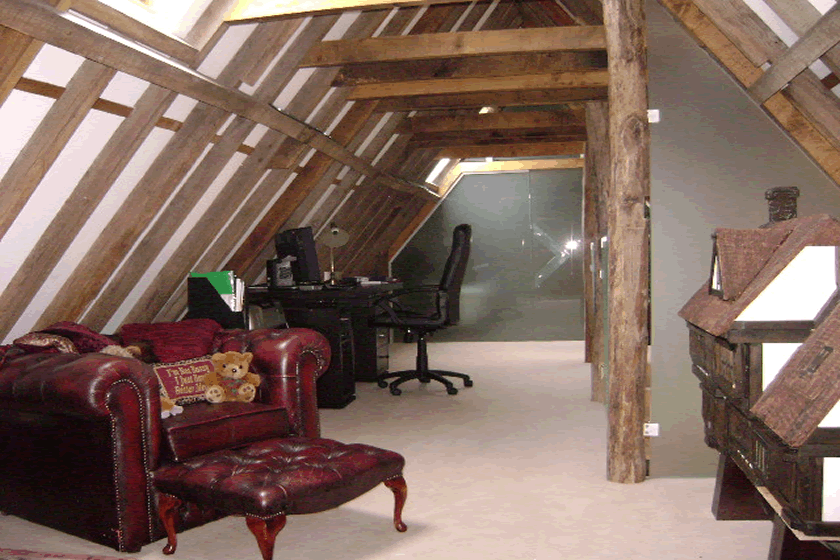CONSERVATORY VS. ORANGERY: HOW TO DECIDE WHAT’S RIGHT FOR YOU?
You may have heard people umm-ing and arr-ing over whether an orangery or a conservatory provided the best option to extend their house. If you have, the first two questions that raced through your mind were probably:
1. What on earth is an Orangery?
2. How is it different to a Conservatory?
Don’t worry. You’re not alone and this is one of the most common questions we are asked when customers enquire about the options available to them, so we thought we’d clear it up for you to assist with your research.
Orangeries
For those of you who think “Orangery” sounds like something of a mystical term taken from a period drama, you’re not actually far off.
Between the 17th-19th century, if you were wealthy and part of the “fashionable” elite, the chances are you would have had an orangery (or orangerie) within the grounds of your home. Similar to a greenhouse, the extension was used for growing citrus trees in an environment that protected them from frosty weather to survive the winter months. Over time, as citrus fruits became more readily available for a cheaper fee, an orangery was used as a luxury nurturing ground for woody plants, shrubs and exotic plants.
The concept of an Orangery was born in Italy and architecturally adapted in Holland, and soon became viewed as a status symbol among the wealthy.
Conservatories
It is generally accepted that Conservatories were created as a by-product of Orangeries – the differentiation being that they were more for the protection of shrubs and herb plants than fruit.
A glass ceiling and wall allowed an optimum amount of light into the structure so the plants could grow more rapidly.
Another slight differentiation is that Conservatories tended to be built as an attachment onto the home, whereas that wasn’t necessarily the case with an Orangery, which could be its own supporting structure elsewhere within a garden. This contributed heavily to the change in viewpoint that the space didn’t have to be used solely for plantation but could offer an extension to their home.
WE OFFER FREE CONSULTATIONS TO ALL HOMEOWNERS, SO YOU CAN KNOW WHAT’S UP BEFORE YOU BEGIN.
Pros and Cons
The roof lantern and solid materials used in an orangery provide better insulation than a conservatory, which means you can happily use an orangery all year round, and not worry about burning through those heating bills. Regardless, when fitting your build, you should choose a high performance glass for better insulation.
Orangeries have a more consistent temperature than conservatories. Often conservatories can feel like the Arctic in the winter, and the Sahara in the summer.
As they are closer to a traditional extension than conservatories are, orangeries generally add more value to your house than a conservatory.
Due to the difference in glazing, conservatories have the ability to let in more natural light than orangeries. This also means that they provide a better view of the garden.
You don’t need to break the bank when building a conservatory. For the most basic option, you just need some glass, uPVC, a couple of chairs and a table.
Which option is best for me?
Before making the decision, it’s important to consider why you want the extra space, and how you’ll use it. Are you yearning for a better view of the garden, or are you looking to install a new kitchen?
Your budget should also be a consideration. You could spend £5,000 on a basic uPVC built conservatory, and anywhere from £15,000-£45,000 on an orangery. However, it’s worth noting that cheap looking conservatories can be off putting to potential buyers.
Are you selling your home or continuing to live in it? Orangeries tend to add more value (so are worth the big bucks), but adding value should not be your only consideration. Think about what will improve your lifestyle.
Finally, it depends on your personal style. Orangeries can add a touch of elegance to your home, whereas conservatories are great for housing plants and enhancing that ‘jungle’ feel.




